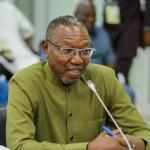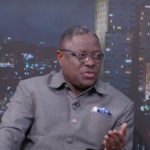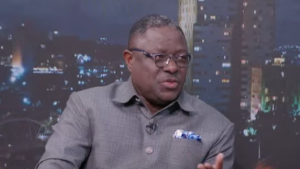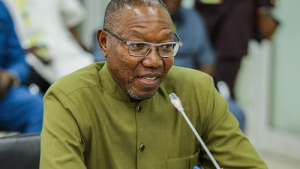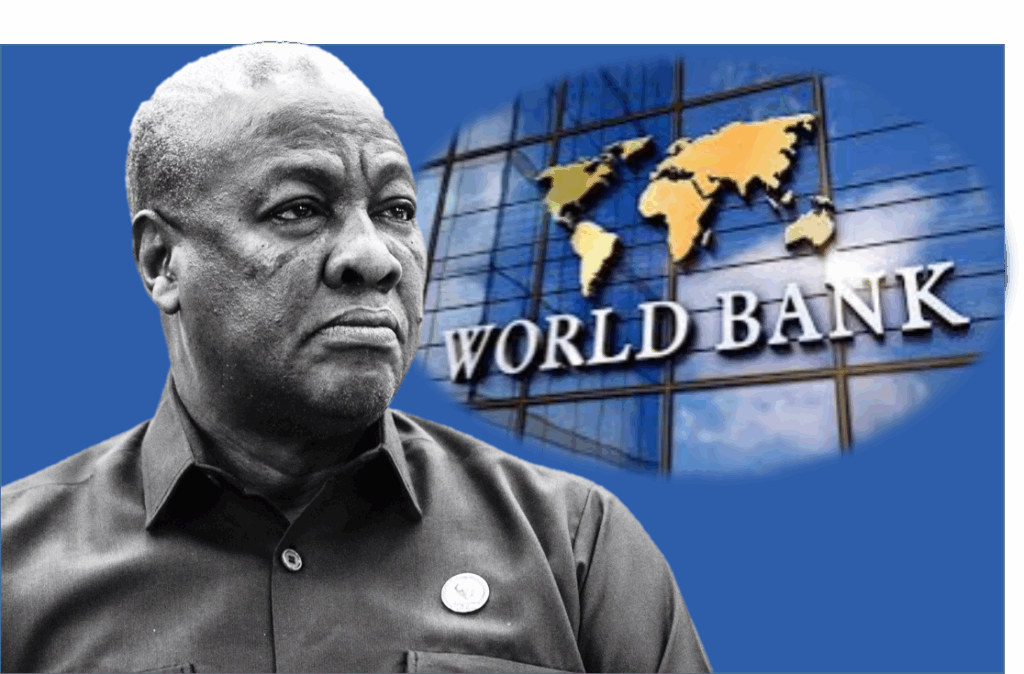
Don’t rush back to Eurobond market, fix the economy first – World Bank tells Ghana
The World Bank has cautioned that Ghana must resist the temptation of rushing back to the Eurobond market, warning that such a move would be seen by international investors as the “easy way out.”
The Bank argues that credibility cannot be rebuilt through fresh borrowing but only through discipline, transparency, and politically difficult reforms.
“Importantly, the new administration [Mahama Administration] should also refrain from a hasty return to the Eurobond market, which international investors would interpret as taking the easy way out,” the report said. “Instead, the government should focus on strengthening the country’s fiscal and growth fundamentals and on convincing the private sector… that public debt is on a sustainable path.”
The Bank stresses that Ghana’s economic recovery depends on strict adherence to the Medium-Term Debt Management Strategy and full transparency of the Annual Borrowing Plan. It adds that the government must use the post-election honeymoon period to implement politically challenging reforms and reestablish credibility with investors and citizens alike.
This warning comes against the backdrop of Ghana’s long history of economic crises and reliance on external bailouts. The report notes that the country has entered 17 IMF programmes in 68 years, spending close to 40 of those years under active Fund support.
“Sudden macroeconomic stops and crises have led the country to request a record number of IMF programmes, remaining under active IMF programmes for 40 out of its 68 years of history,” the Bank observed.
The World Bank stressed that the 2022 crisis was not caused by COVID-19 or the Russia-Ukraine war but by years of fiscal indiscipline, excessive borrowing, and weak public financial management. Easy access to Eurobond markets in the past decade, it said, encouraged political shortsightedness and delayed critical reforms, a situation that ultimately left the economy exposed.
Even after the recent debt restructuring and IMF support programme, the Bank warns Ghana is not yet out of danger. “Reestablishing credibility will take time, but the process can start immediately,” it said, urging the government to act decisively to avoid sliding back into the familiar boom-and-bust cycle.
Meanwhile, the Mahama government has already echoed a similar caution. During his media encounter, he indicated that he was not in favour of an early return to the capital market.
“We have survived without going to the capital markets. We’ve survived without borrowing. … As the President, I would not favour a quick return to the international capital market. I think we should go like this for a while and consolidate the economy before we look at external financing.”
Read also: Who could’ve thought Ghana could be run without the capital market? – Mahama
For the World Bank, the path forward is clear: Ghana must signal a clean break from the past, enforce fiscal rules, broaden the tax base, and reform state-owned enterprises, especially in the energy and cocoa sectors.
Without this reset, the Bank cautions, Ghana risks being shut out of markets once again and trapped in the cycle of crisis and bailout that has defined much of its post-independence history.
DISCLAIMER: The Views, Comments, Opinions, Contributions and Statements made by Readers and Contributors on this platform do not necessarily represent the views or policy of Multimedia Group Limited.
DISCLAIMER: The Views, Comments, Opinions, Contributions and Statements made by Readers and Contributors on this platform do not necessarily represent the views or policy of Multimedia Group Limited.




